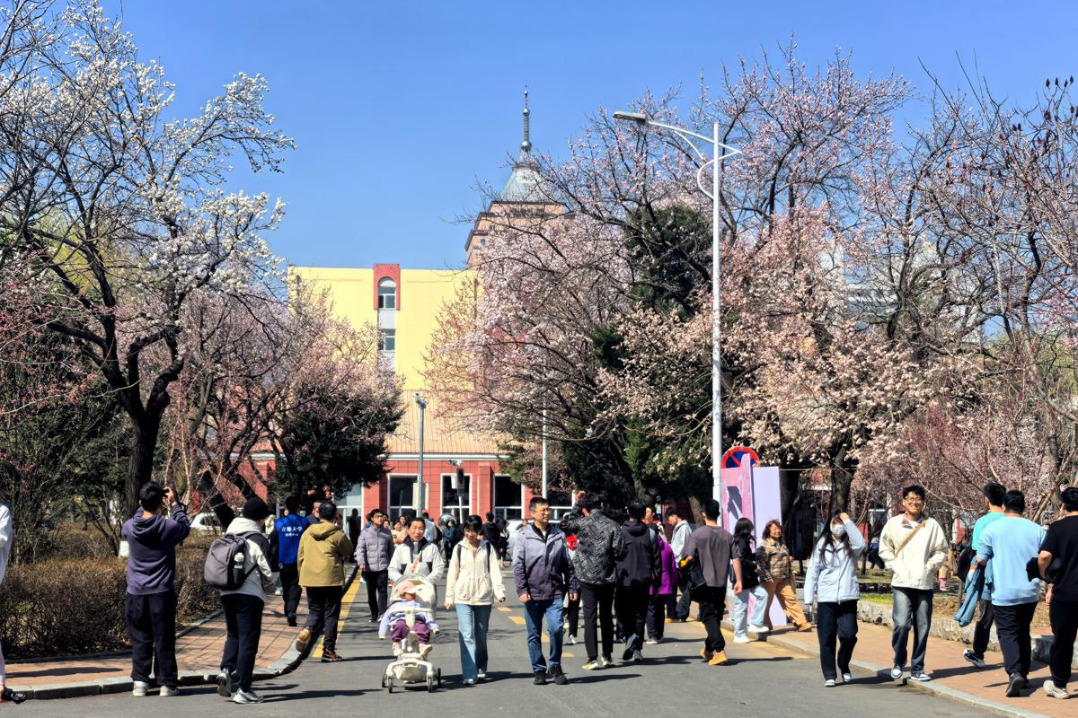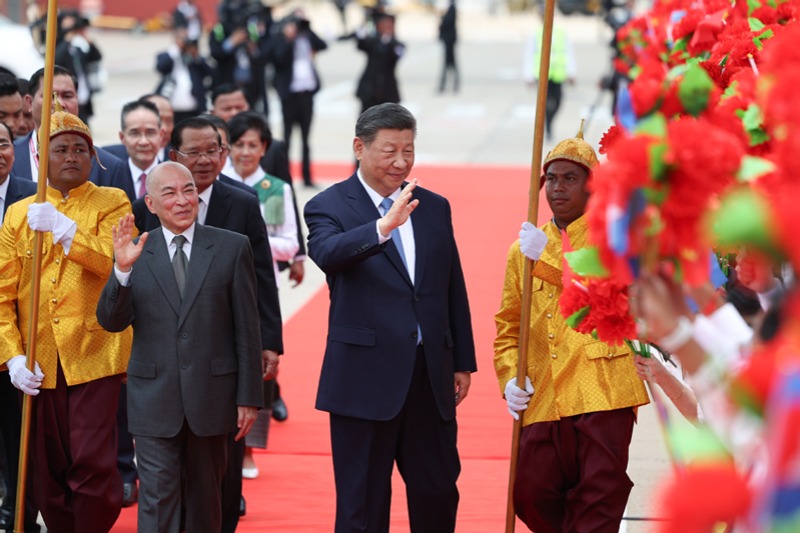Cross-boundary commute — a long hard stretch

Rules tightening up
According to China's State Taxation Administration guideline issued in August last year, the temporary relocation of an individual shall not trigger a change in his or her permanent home or center of vital interests, or tax resident status under a tax treaty.
The ruling is in line with an Organization for Economic Cooperation and Development analysis in April that COVID-19 is unlikely to affect the tax treaty determination of an individual's residence status.
But the STA has not mentioned explicitly whether the temporary change caused by the pandemic would affect counting the number of days of residence in the country. Accounting firm PwC urged employees to consult professionals about relevant issues.
To avoid potential risks, many companies have drafted strict regulations on cross-boundary remote working.
HSBC — one of Hong Kong's three currency-issuing banks — has begun embracing more flexible working options for its staff, allowing some of its Hong Kong employees to work up to four days a week from home.
The lender has also implemented strict restrictions on cross-border working. According to an internal human resources guideline viewed by China Daily, it only allows employees to work outside their country of employment for up to 10 working days a year in exceptional circumstances.
These circumstances include the death or serious illness of an employee's immediate family member, elderly parents needing support or when the employee needs to be quarantined while in another country.
In addition, employees must provide confirmation they have the right to work in another country with regulatory compliance approval.
HSBC warned that cross-border working could create risks relating to regulatory, immigration and tax rules. Certain roles in a bank are tightly controlled in terms of how and where they're performed. Cross-border working can also trigger corporate tax liability, as well as additional foreign tax and social security liabilities.
The banking giant said it has received a growing number of requests from employees to work from countries other than their countries of employment, with travel controls easing and the success of remote working amid COVID-19. It's believed it's now time to issue such guidelines to ensure that employees understand the potential risks.
Accountants have also advised companies to design flexible programs for remote and cross-border working to avoid being entangled in law issues that could be extremely complex.
- Six people drowned in boat accident in Central China
- Zaruhi and Qiangzi: A romance of Silk Road
- China strives to enhance people's work ethics
- Students swap stories at Peking University book fair
- China, GCC hold first forum on peaceful nuclear cooperation
- Beijing film festival's tech section kicks off






































